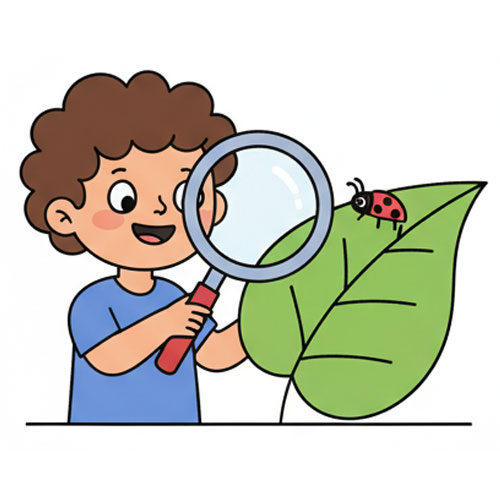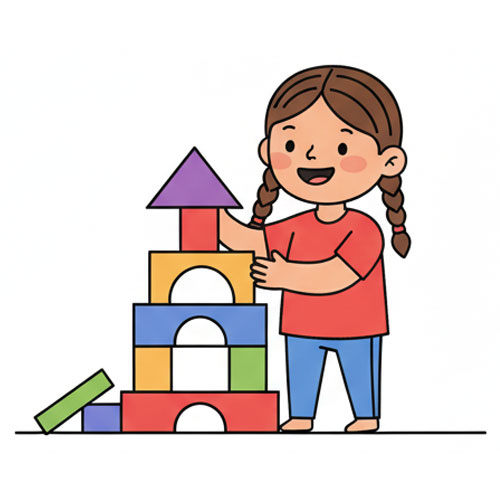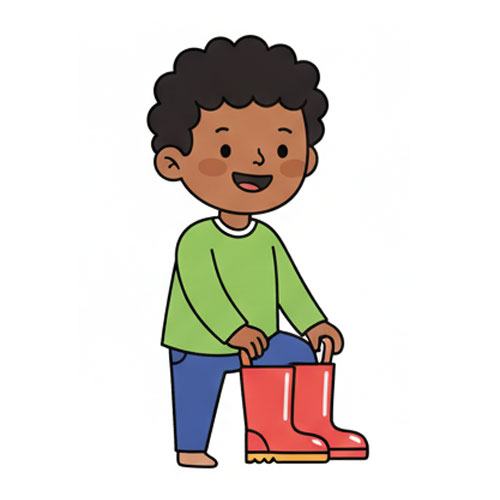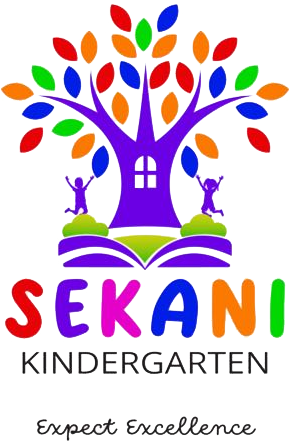As parents, it’s only natural to wonder if our children are "ready" for primary school. We practise counting, sing the alphabet song, and celebrate when they write their name for the first time.
But while academic basics are helpful, they aren't the most important ingredient for success. True "school readiness" is less about what a child knows and more about how they approach the world. A child who is resilient, curious, and kind is ready to learn and thrive in any environment.
At Sekani, we focus on developing the whole child. We believe in building a strong foundation of social and emotional skills that will serve them long after they've mastered their ABCs. Here are four crucial skills that truly prepare your child for their primary school journey.
1. Resilience: The Power of "I Can Try Again"

What it is: Resilience is the ability to bounce back from a challenge. It’s the child who, after their block tower topples, takes a deep breath and starts building again.
Why it matters for school: The primary school classroom is full of new, complex tasks, from learning to read to navigating new friendships. A resilient child sees a mistake as a learning opportunity, not a failure. This "growth mindset" is critical for tackling difficult subjects and mastering new skills without giving up.
How to nurture it: When your child is frustrated, resist the urge to immediately solve the problem for them. Validate their feelings ("I see you're finding that puzzle tricky") and then empower them: "What’s another way you could try?"
2. Curiosity: The Eagerness to Learn

What it is: This is the "why?" phase in full, wonderful bloom. Curiosity is an inner drive and eagerness to learn about the world.
Why it matters for school: A curious child is an engaged student. They are the ones who want to know why the seeds sprout in the garden or how numbers work. This natural inquisitiveness is the engine of all learning, making them an active participant in their own education.
How to nurture it: Encourage their "why" questions. When possible, answer with a question of your own: "That's a great question! Why do you think the leaves change colour?" This shows them their ideas are valuable and encourages them to think critically.
Curiosity is the spark that makes learning a joyful journey rather than just a task. It's the inner drive that turns 'why?' into a lifelong passion for discovery, ensuring your child is not just a student, but an active explorer.
3. Independence: The Confidence of "I Can Do It"

What it is: This is the joyful declaration of a child who can finally do things by themselves. It’s the ability to put on their own shoes, manage their lunchbox, and make simple choices. This is a core part of the Montessori philosophy we blend into our curriculum.
Why it matters for school: In a busier primary school classroom, teachers can't do everything for every child. A child who feels independent and competent can manage their own belongings and tasks. This reduces anxiety and frees up their mental energy to focus on what’s really important: learning and playing.
How to nurture it: Give them small, age-appropriate responsibilities. Let them help pack their own bag for an outing, pour their own water, or choose which of two acceptable outfits to wear.
4. Empathy & Kindness: The Foundation for Friendship

What it is: It’s about having "kind hands, kind feet and utter kind words". It's the ability to share, cooperate with others, and understand that other people have feelings, too.
Why it matters for school: School is a social community. A child who can empathise with others and act with kindness will find it easier to make friends, work in groups, and navigate the complexities of the playground. This social-emotional well-being is directly linked to academic success.
How to nurture it: Talk about feelings openly. When you read a book, ask, "How do you think that character feels right now?" This helps them build an emotional vocabulary and learn to see things from another's perspective.
Ready for Anything
Ultimately, a child who is resilient, curious, independent, kind, and respectful is ready for anything primary school throws their way.
Academic skills will come, but these five core skills are the rich soil they grow in. This is the foundation we are so passionate about building every single day.
To learn more about how our blended Cambridge and Montessori curriculum is designed to foster these skills, click here.







